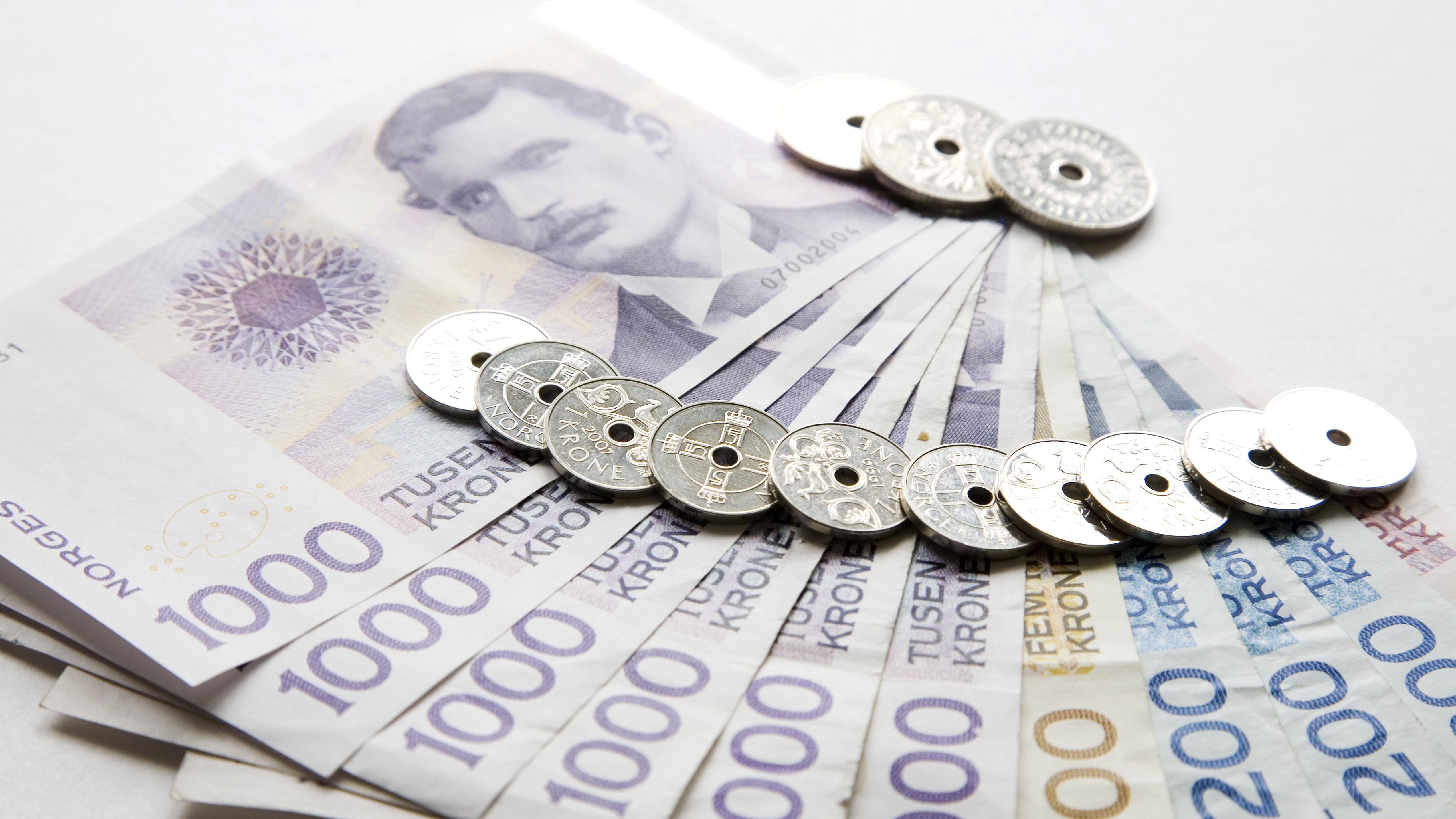Hundreds of Norwegian KU students have been left thousands of pounds worse off because the weak exchange rate of the Krone is cutting the value of their student loans.
The current six year low in oil prices has led to a poor performance by the Norwegian Kroner on the currency markets, as the most oil dependent economy in Europe, with a big drop in the Krone price against the Pound.
On April 1, when the loan amounts were set, 9.94 Kroner (NOK) would have bought you one Pound. In January however, the price changed significantly, reaching 11.75 Kroner to the pound and leaving Kingston’s Norwegian students £2,653 worse off.
Norwegian students like Åsne Kalberg, 23, have been forced to seek help from elsewhere.
Kalberg said: “If my parents weren’t able to support me I would have had to drop out and move back to Norway, I wouldn’t have been able to finish this year.
“All of the Norwegians I’ve talked to so far have the same problem they’ve had to get support from their parents in order to make it through this year.”
The criminology student is still struggling after digging in to her maintenance loan to pay her tuition fees and receiving a further £175 a month from her parents.
Norwegian maintenance loans, which cover living costs like rent, bills and food, were worth £4,922 when they were issued on April 1. At the current exchange rate, they are now worth £4,163.
Kalberg said: “After I pay my tuition fees and my rent, I actually don’t have enough money to pay all of my bills because the exchange rate has risen so much since I received my loan and therefore I need support from my parents to actually buy food and pay all of my bills.”
The short fall happens because the Norwegian government sets loan amounts on April 1 but students pay their tuition fees, which total at £12,300, in October and December, between April and December the exchange rate rose sharply by NOK1.75.
President for the Association of Norwegian Students Abroad, Madeleine Mowinckel said: “Everything is now more expensive for the students; rent, food, transport, it all costs more than a few months ago.
“The reason this is hitting the students so hard is that the support granted by student finances to cover living costs, now goes to covering tuition fees because the money granted for tuition isn’t sufficient, with the current state of the Norwegian Kroner.”
The Norwegian government gave students NOK61, 131 to pay their tuition fees for the first semester, but after transferring the money from a Norwegian account, one Kingston student had to pay NOK74, 333, which sums to an extra £1328.
Kingston University makes £23.7million from international student fees paid by non-EU students, which is 11.7 per cent of the university’s £202.7million income. Norwegian students make up 16.3 per cent of KU’s international students.
Kingston’s income could be significantly reduced if less Norwegians chose to study at Kingston because of the exchange rate. Staying in Norway to study is considerably cheaper, however, with students paying around £50 per semester.
Kalberg said: “I definitely think it will [affect the number of students coming from Norway], if the students applying are aware of it.
But the problem in one sense isn’t necessarily the currency as it is now; the main problem is that the loan system in Norway doesn’t give any kind of compensation for the currency rise.”

